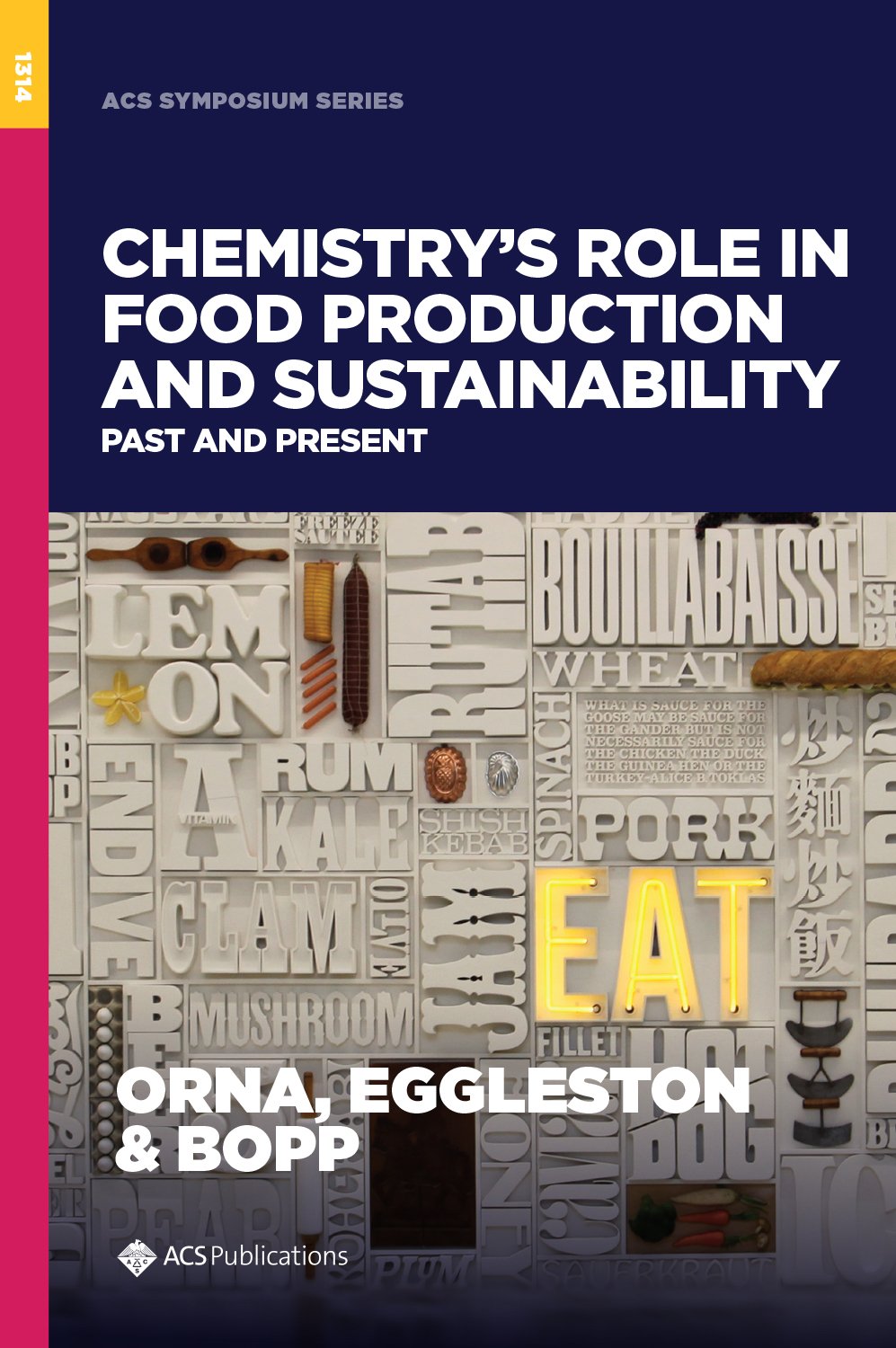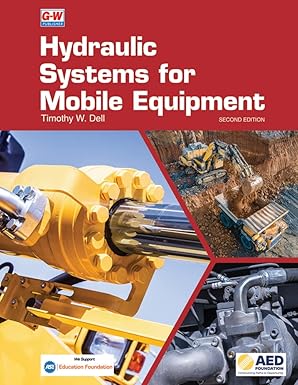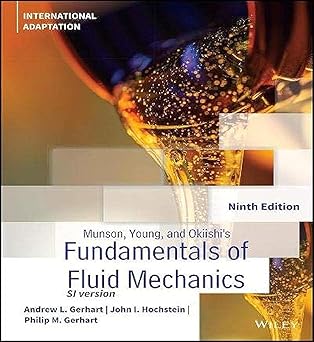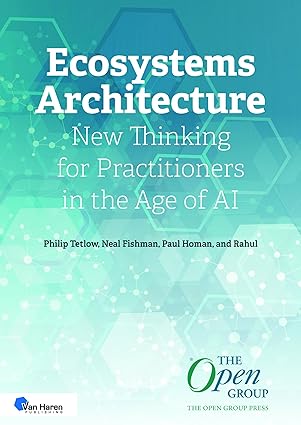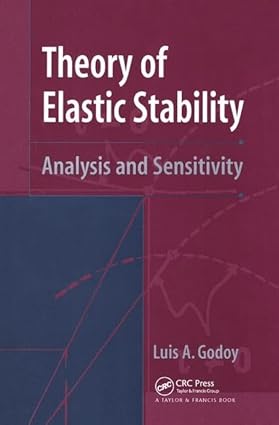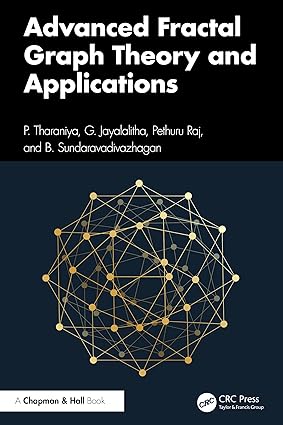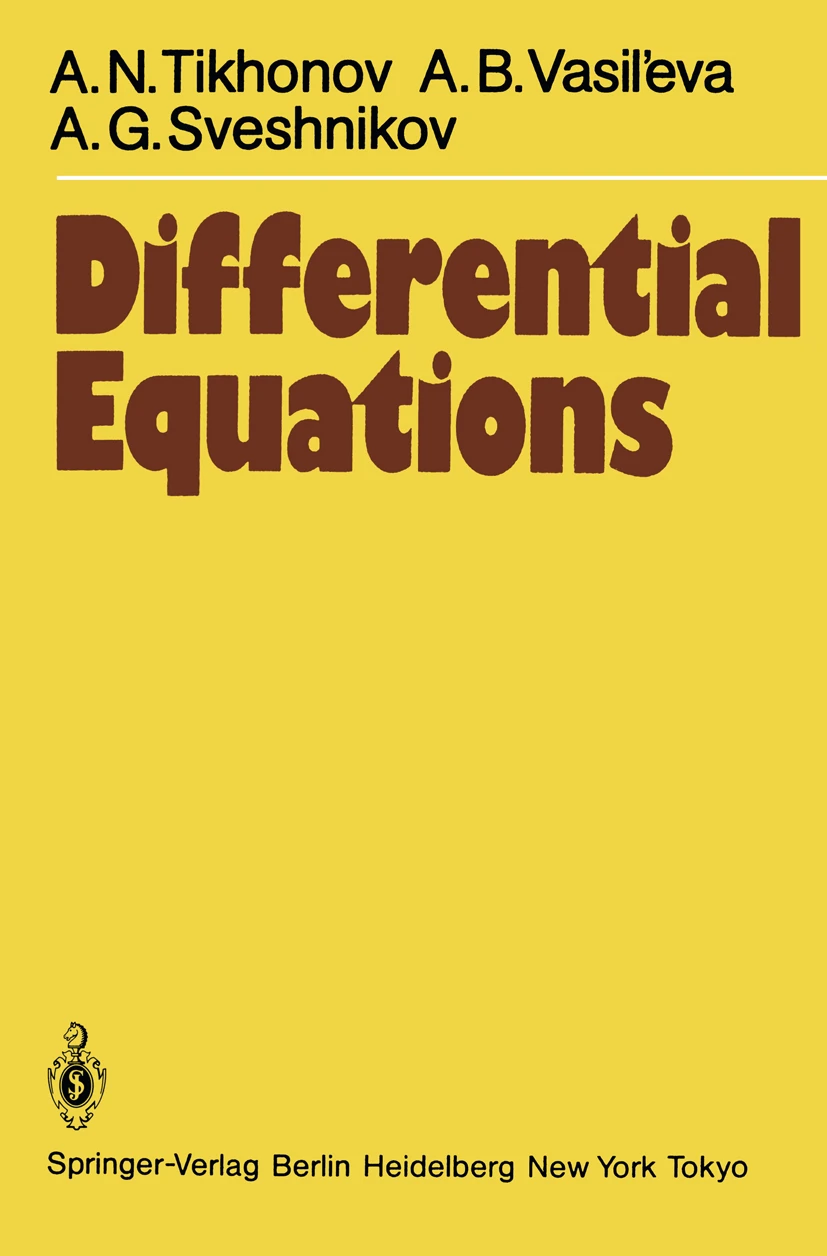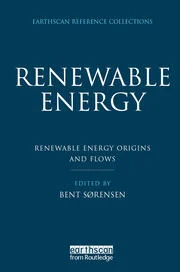|
Over the past decade, renewables-based technology and sustainability assessment methods have grown tremendously. Renewable energy and products have a significant role in the market today, and the same time sustainability assessment methods have advanced, with a growing standardization of environmental sustainability metrics and consideration of social issues as part of the assessment. Sustainability Assessment of Renewables-Based Products: Methods and Case Studies is an extensive update and sequel to the 2006 title Renewables-Based Technology: Sustainability Assessment. It discusses the impressive evolution and role renewables have taken in our modern society, highlighting the importance of sustainability principles in the design phase of renewable-based technologies, and presenting a wide range of sustainability assessment methods suitable for renewables-based technologies, together with case studies to demonstrate their applications. This book is a valuable resource for academics, businesses and policy makers who are active in contributing to more sustainable production and consumption. For more information on the Wiley Series in Renewable Resources, visit - Sustainability in the design phase of products and processes /- Principles of sustainability assessment /- Land use analysis /- Water use analysis /- Material and energy flow analysis /- Exergy and cumulative exergy analysis /- Carbon and environmental footprint methods /- Life Cycle Assessment (LCA), social Life Cycle Assessment and Life Cycle Costing (LCC) /- Case studies: renewable energy, bio-based chemicals and bio-based materials.
|
